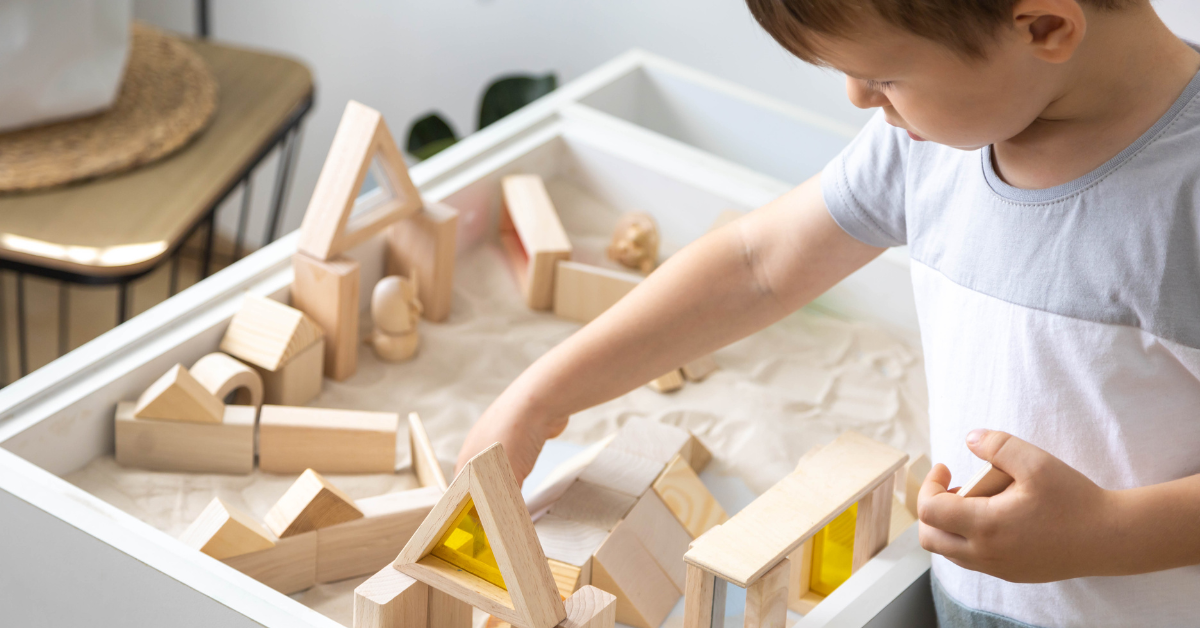Tactile skills refer to a child’s ability to learn and process information through touch. It’s how they explore the world around them, from the soft texture of a blanket to the rough feel of a wooden block. Developing strong tactile skills is crucial for overall development as it lays the foundation for cognitive, motor, and social skills.
The Importance of Tactile Play
Engaging in tactile play is essential for toddlers. It stimulates their senses, enhances fine motor skills, and promotes problem-solving abilities. When children explore different textures, they learn about shapes, sizes, and weights. They also develop hand-eye coordination and strengthen their grip.
Signs of Strong Tactile Skills
- Shows interest in touching different objects
- Explores objects with hands and mouth
- Enjoys sensory play activities
- Demonstrates good fine motor skills (e.g., picking up small objects)
Activities to Encourage Tactile Development
- Sensory bins: Fill a container with various materials like rice, beans, or water beads for your child to explore.
- Playdough: This versatile material allows for endless creative and tactile experiences.
- Outdoor exploration: Let your child feel different textures like grass, sand, and water.
- Bath time fun: Use bath toys, sponges, and bubbles to stimulate tactile senses.
The Role of Technology in Tactile Learning
While real-world experiences are essential, technology can also complement tactile development. Parlini Land offers a range of interactive games designed to stimulate toddlers’ senses and cognitive abilities. With engaging activities and vibrant visuals, the app provides a safe and fun way to enhance tactile learning.
Download Parlini Land today and embark on a sensory adventure with your little one!
For more tips on early childhood learning, check out our article on ABC & Beyond: Interactive Games for Letter Recognition.
Remember, nurturing tactile skills is a journey, not a race. By providing plenty of opportunities for exploration and sensory experiences, you’re helping your child build a strong foundation for future learning and development.

